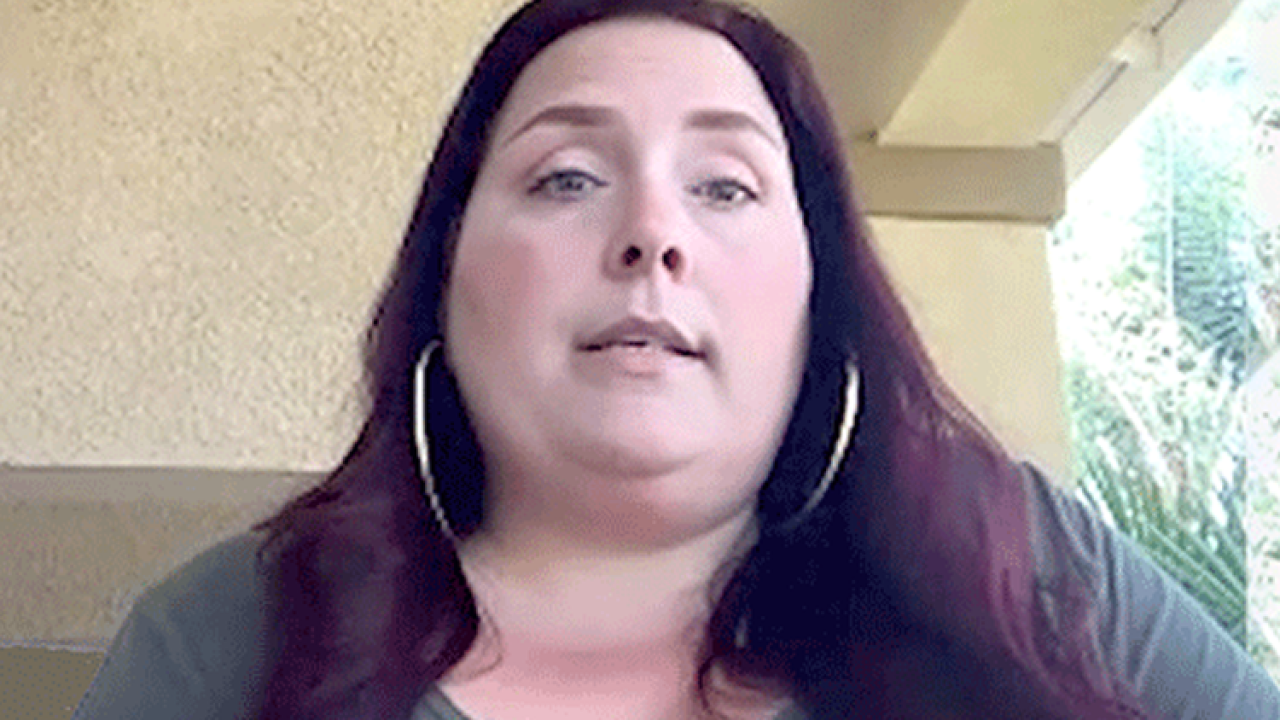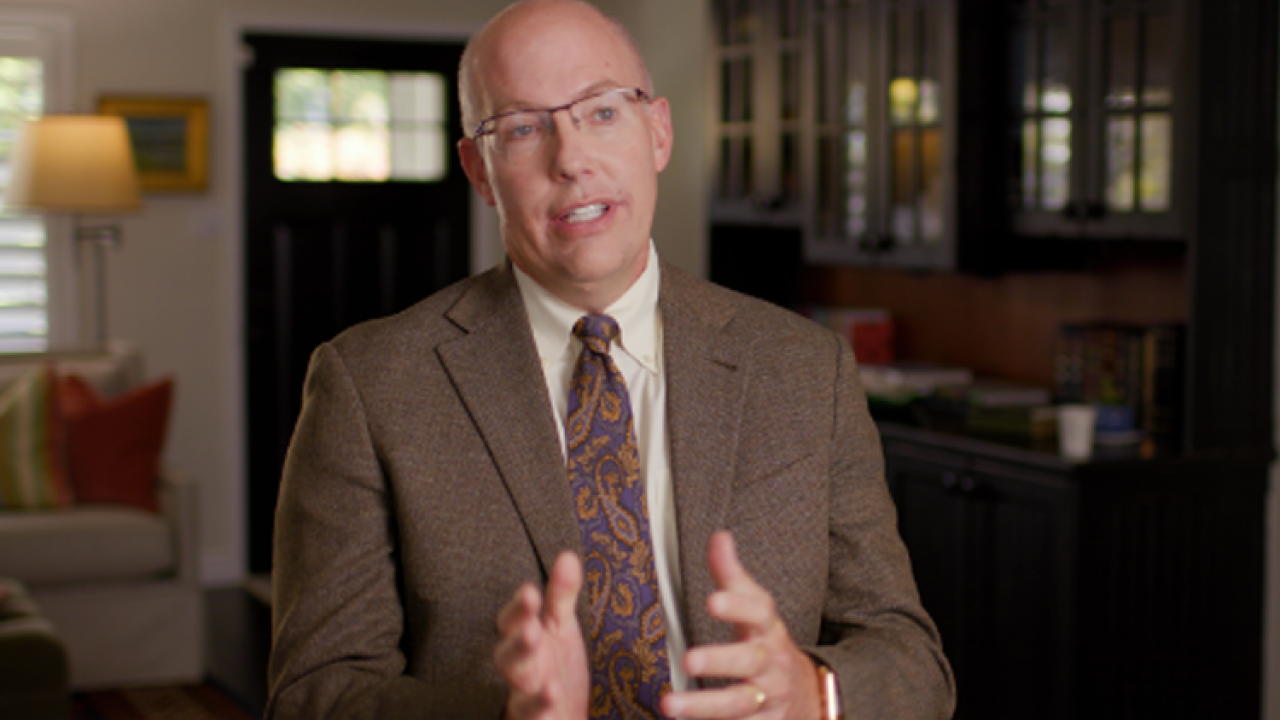
Talking to Your Doctor
How to speak up and be heard
When you have unexplained symptoms, talking to your doctor is the most important—and sometimes, the hardest thing to do. Here are tips to help you get the answers you need, plus information on what to expect during an evaluation, and what to do if you are diagnosed with HCM.

Having the conversation
Sometimes, the most difficult part of any relationship, even the one you have with your doctor, is how you communicate with each other.
Maybe you’ve been struggling with approaching your doctor about unexplained symptoms, thinking “it’s just stress” or “it’s probably nothing.” Or maybe you’re not sure you were clear in explaining your symptoms or how they made you feel. Or perhaps you’ve been diagnosed with HCM, but you have new or worsening symptoms. Talk to your doctor again. Because sometimes it’s all about being open and honest—and knowing how to ask the right questions.
Empower your next visit with your doctor

Just answer a few quick questions to get personalized tools to help you discuss your symptoms with your doctor. Click on either link below to get started.

“I found out that you really have to be your own advocate.
– Kristen
Kristen was compensated for her time in the creation of this video.

Watch as patients share their stories about how they worked with their doctors to help them diagnose their symptoms.
How is HCM diagnosed?


First, your doctor will evaluate you for HCM
Your doctor may check you for HCM if:
Someone in your family has HCM
You have symptoms, such as a heart murmur
Your heart is functioning in an abnormal way (using an electrocardiogram or echocardiogram).
If your doctor suspects you may have HCM, your doctor will ask you about:
Your family’s heart health history
Your heart health history

To make an HCM diagnosis, your doctor must look at your heart and may conduct several tests, including:
An echocardiogram or “echo,” a heart ultrasound
An MRI of your heart when an echocardiogram doesn’t provide all the information your doctor needs to confirm or rule out HCM
Genetic testing (or confirmation of a family history of HCM) in cases where imaging tests reveal that the walls of the heart muscle aren’t as thick or prominent
Dr. Michael Ackerman explains the importance of sharing an HCM diagnosis with your family—and why sooner is better.
Dr. Ackerman was compensated for his time in the creation of this video.

Once you watch the video, you can record your family’s information using the interactive Family Tree Guide here.

If you’re diagnosed with HCM
If you’re diagnosed with HCM, it’s important to discuss all of your treatment options with your doctor.
While HCM cannot be cured or prevented, there are prescription medicines and surgical treatment options that may help. Your doctor will work with you to decide on the best treatment option for you.
You should also let your family members know about your diagnosis. Explain to them that HCM can be passed down in families.
Getting a second opinion
If you’ve spoken with your doctor a few times about your symptoms, but you still feel “something isn’t right,” consider talking to them again.
Your doctor may:
Refer you to a heart specialist called a cardiologist
Recommend you contact your health insurance provider or local hospital for a list of doctors who may specialize in cardiovascular conditions, including HCM
Get HCM tools, tips, and info

Take charge of your healthcare journey by being more informed.
HCM Centers of Excellence
Expert care for HCM may be found at over 40 HCM Centers of Excellence (COEs) across the United States.
HCM centers are staffed with cardiologists, physicians, and imaging specialists. They can help coordinate care with your local cardiologist.
To learn more about HCM COEs near you, check the Hypertrophic Cardiomyopathy Association (HCMA) directory. Go to https://4hcm.org/directory/.